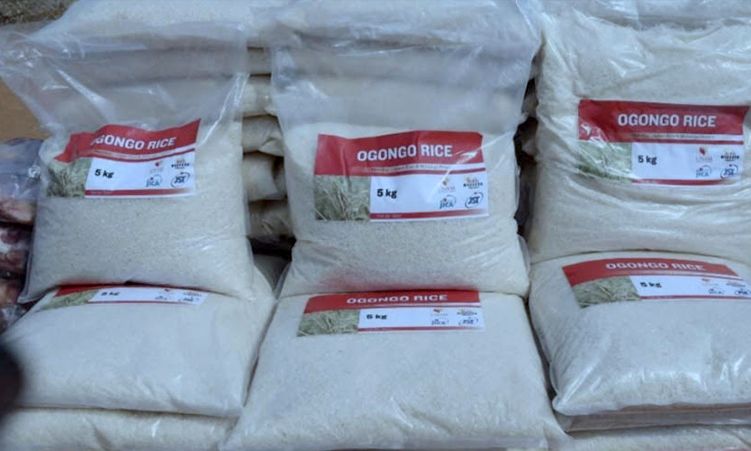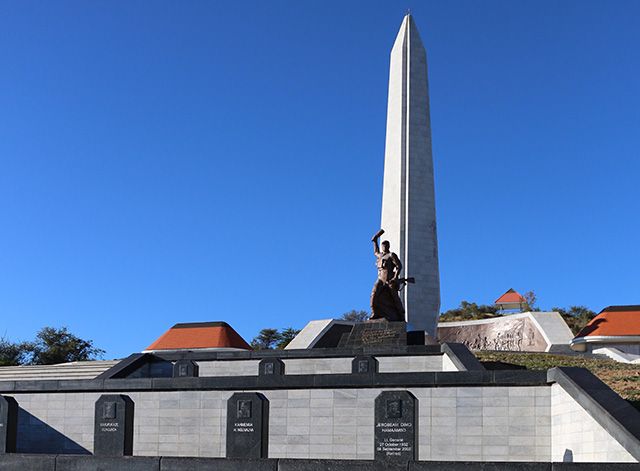A Namibian university lecturer is spearheading a rice-production project to contribute to the country’s food self-sufficiency.
The project has been set up at the University of Namibia’s Ogongo campus in the Omusati region.
Pamwenafye Nanhapo, a plant scientist and senior lecturer at the university’s Department of Crop Production and Agricultural Technologies, spearheaded the establishment of the project at the campus, where both students and local farmers are trained in rice production.
Some primary school pupils are also participating in the project.
Nanhapo says Namibia has vast wetlands and floodplains (oshanas), specifically the Cuvelai system and Zambezi floodplain, where rice can be successfully grown interchangeably with millet.
“In fact, rice yields per unit area surpasses most of the dryland cereals, and rice production in these areas may greatly contribute to the food self-sufficiency of the country. “However, more research is needed to increase yields without harming the wetland ecosystem,” he says.
Nanhapo went to Japan in 2006 as research student on a scholarship and did a two-year MSc programme at Nagoya University in 2007 and 2008, after which he obtained a doctorate in crop science from Kindai University.
He then returned to Namibia to set up the project.
Run by the Faculty of Agriculture, Engineering and Natural Sciences, the project is situated 55km from Oshakati in the Omusati region, targeted harvesting between 15 and 17 tonnes of rice from seven hectares this year.
This is the second harvest since the project was started and plans are afoot to expand production to 10 hectares next year, and up to an additional 40 hectares in the next four years.
“We are working with the Ministry of Agriculture, Water and Land Reform to boost research and to increase rice cultivation,” Nanhapo says.
Japanese ambassador to Namibia Nishimaki Hisao says the Japan-Namibia rice and mahangu project began as a five-year research project, titled ‘Flood and Drought-Adaptive Cropping Systems to Conserve Water Environment in Semi-Arid Regions’, and was launched at the Ogongo campus in 2012.
Nanhapo calls for more research for the nation to understand its crops and how to manage them to cope with ongoing climate changes.
“Crop improvement should be enforced to produce seeds of crop varieties that our farmers, market and consumers need,” he says.
“Without the well-developed seed industry in the country, our outlook would still be unpredictable. We need to invest in and support crop research,” he urges.
Nanhapo says Namibia has a high youth unemployment rate, and statistics show that in many countries, agriculture employs more people than any other sectors.
In Namibia, however, this is the opposite, which indicates that the country should change this trajectory.
Stay informed with The Namibian – your source for credible journalism. Get in-depth reporting and opinions for
only N$85 a month. Invest in journalism, invest in democracy –
Subscribe Now!







